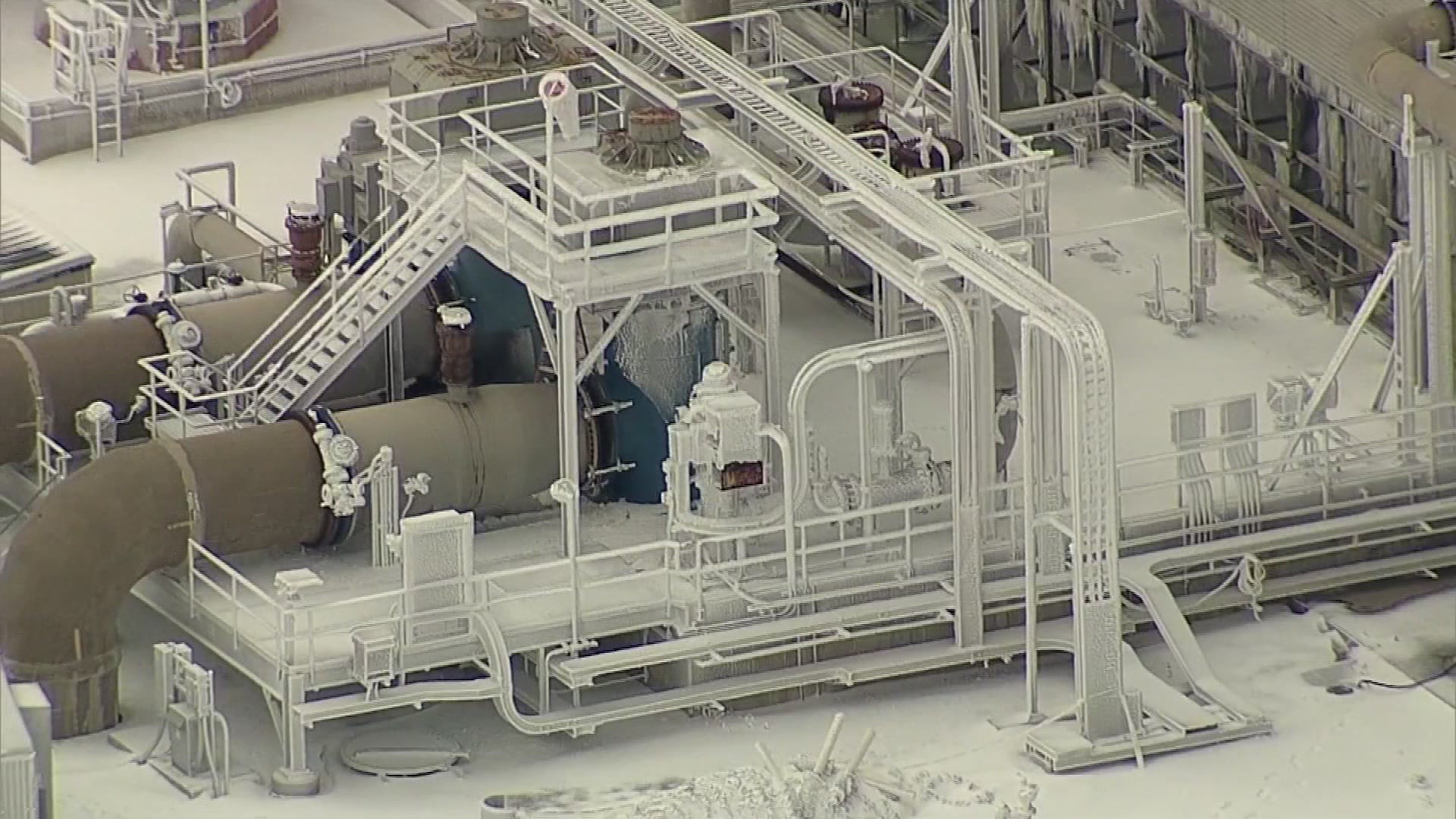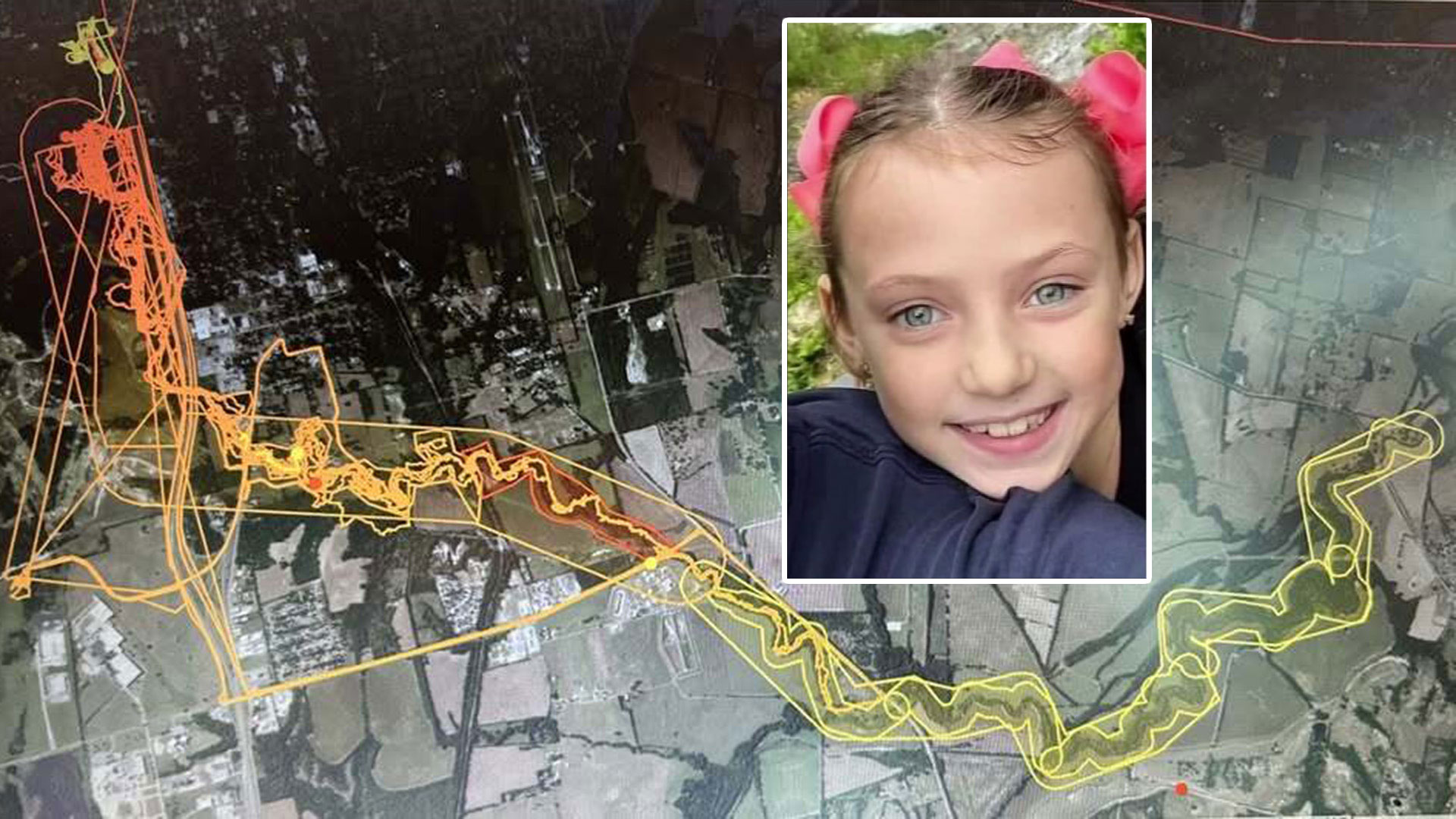A McKinney High School graduate is a living example of modern medical innovation. After suffering a severe head injury in a car crash, doctors implanted a 3D-printed skull to aid his recovery. Health reporter Bianca Castro shares his remarkable story of resilience and medical advancement.
A recent McKinney North High School graduate is walking proof of the marvels of modern medicine.
On Wednesday, Trevor Dutton met the team who created an artificial skull plate that doctors surgically implanted in his recovery from a serious car accident.
On a spring break road trip to Florida in March 2024, Dutton was critically injured when the car he was in was struck by another vehicle in Mobile, Alabama.
He suffered a life-threatening head injury that caused brain swelling.
Get top local stories in DFW delivered to you every morning. >Sign up for NBC DFW's News Headlines newsletter.
Doctors at the University of South Alabama Hospital removed half of the left side of Dutton’s skull to relieve the pressure on his brain.
Dutton was in a coma for almost a week before his condition gradually improved enough for him to be transported back to Texas, where he began rehabilitation at Baylor University Medical Center.
He was still missing a large portion of his skull and needed to wear a protective helmet during his waking hours.
Local
The latest news from around North Texas.
In May, he attended prom in a wheelchair while wearing a special helmet for the occasion.
He was learning to walk again, but he would never approach full recovery so long as there was nothing protecting his brain beyond skin and hair.
"When you're an 18-year-old, you don't want to have to walk in the public with that, with a brain helmet on," Dutton said.
His doctor, Dr. Shaad Bidiwala, worked in consultation with MedCAD, a Dallas-based medical device company, to create a replacement for the part of his skull that had been removed.
MedCAD, using proprietary software, utilized a detailed CT scan of Trevor’s skull to fabricate an artificial skull plate specifically for him.
In July, Dr. Bidiwala peeled back the skin on Trevor’s head to perform a cranioplasty, exactly filling the gap with MedCAD’s custom-fitted, 3D-printed device made of PEEK, a thermoplastic polymer.
"It's been really amazing and gratifying to see the progress over the last 35 years where we can make a skull flap like Trevor's in just a few hours, and have it ready for a surgery, and we can essentially change his life," said Dr. Bidiwala.
Now, Trevor is confident on his road to recovery, working out in the gym twice a day to regain the strength the incident took away from him.
He looks forward to starting college next fall at Texas State.



